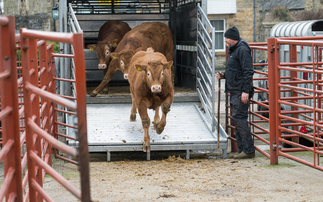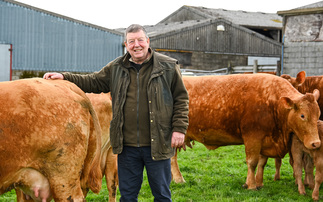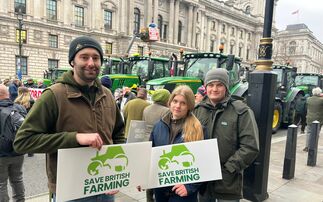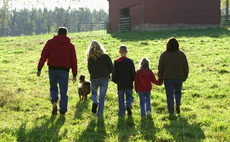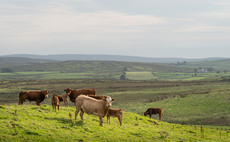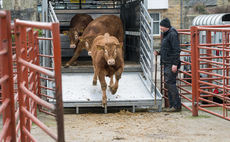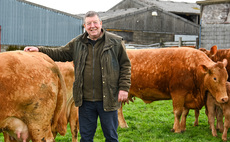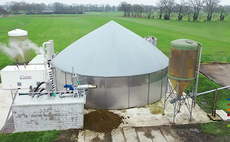
Teenagers should work on farms during school holidays to support farmers, says rural leader
Young people in Northern Ireland are being urged to ‘get off their tablets' and spend their summer holidays on the farm in a bid to support local farmers.
Director of campaign group Countryside Alliance Graham McCartney issued the call in response to farmers' growing concerns regarding rural labour shortages.
Mr McCartney said: "If we look back, school holidays in Northern Ireland were geared around allowing young people to help with the harvest. While the cost-of-living crisis continues and the summer holidays approach, it is prime time to get kids off their tablets, TV and out of the house into the fields."
"Farming is a fantastic way to keep them occupied, learn life skills, connect with the countryside, local wildlife and of course earn some money."
Mr McCartney comments echo those of TV presenter-turned-farmer Jeremy Clarkson who has suggested teenagers should be sent to work on farms rather than be signed up to Prime Minister Rishi Sunak's planned National Service reboot.
Here's an idea. Instead of national service, which is obviously idiotic, how about kids working on farms.
— Jeremy Clarkson (@JeremyClarkson) May 27, 2024
The Diddly Squat farm owner said he would happily employ teens as labourers on his West Oxfordshire farm as well as in the farm shop.
"They need to be bright, chatty, and fun as we do not care about qualifications," he added.
Meanwhile, the subject of migrant labour has been on the political agenda this week as leaders of the Labour and Reform parties both addressed while on the General Election campaign trail.
READ NOW: Food security is national security says new Shadow Defra Secretary
Leader of the Labour Party Sir Keir Starmer pledged to cut the net migration figure of 685,000, adding that businesses had become too reliant on workers from overseas and said Labour would train more Britons to do jobs in areas where there were labour shortages. While newly appointed head of the Reform Party Nigel Farage said ‘net migration should be zero'.
The announcements have been questioned by several industry orgranisations including the British Meat Processors Association (BMPA) which urged policy makers to consult with the ‘on-the-ground industry experts who can help identify impacts and opportunities'.
Writing on the association's website a spokesperson said: "We would also like to see the different government departments and civil servants work more closely together to ensure there are no detrimental, unintended consequences for the food supply chain of future policy decisions."












